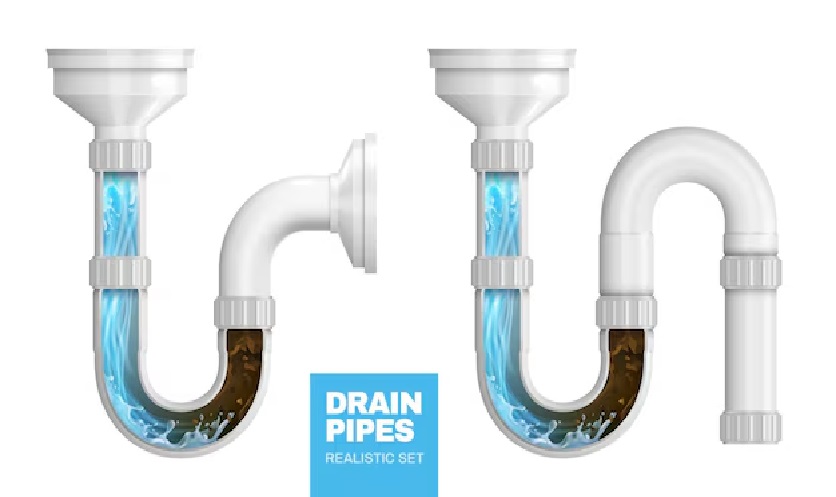
Water heaters and drains are essential components of your home’s plumbing system, ensuring your daily comfort and convenience. However, when these essential systems fail, it can lead to costly repairs and inconvenient disruptions to your daily routine. In this article, we will discuss what to do when your water heater or drains fail, and how to prevent these issues from occurring in the first place.
Dealing with Clogged Drains
Clogged drains are a common plumbing issue that can lead to slow drainage, foul odors, and even water backups. Here are some steps to take for clogged drain system repair:
- Try a plunger: Use a plunger to dislodge the clog and restore water flow. If the clog is in a sink, remove the stopper and plunge the drain opening. For a toilet, use a flange plunger and plunge up and down firmly.
- Use a drain snake: If a plunger doesn’t work, use a drain snake (also known as a plumber’s snake or auger) to clear the clog. Insert the snake into the drain and turn the handle clockwise to extend the cable. When you feel resistance, turn the handle counterclockwise to retract the cable and pull out the clog.
- Call a professional: If the clog persists or you suspect a more serious issue, such as a clogged drain system, it’s best to call a professional plumber. They have the tools and expertise to diagnose and repair complex drain issues, such as tree root intrusion or collapsed pipes.
Signs of a Failing Water Heater
Your water heater is responsible for providing hot water to your home, and when it fails, it can lead to cold showers and other inconveniences. Here are some signs that your water heater may be failing:
- Rusty water: If you notice rusty or discolored water coming from your taps, it could be a sign of a corroded water heater tank.
- Unusual noises: Rumbling, popping, or banging noises coming from your water heater may indicate a buildup of sediment in the tank.
- Leaks: If you notice water pooling around the base of your water heater, it could be a sign of a leak, which can lead to water damage if left unchecked.
If you notice any of these signs, it’s important to contact a professional water heater repair service as soon as possible to prevent further damage and ensure your home’s safety.
Preventing Water Heater and Drain Issues
While some plumbing issues are unavoidable, there are steps you can take to prevent water heater and drain problems:
- Flush your water heater annually: Flushing your water heater removes sediment buildup, which can extend its lifespan and improve efficiency.
- Insulate your water heater: Insulating your water heater can help maintain water temperature and reduce energy costs.
- Use drain covers: Install drain covers in your sinks and showers to catch hair and debris before they enter the drain.
- Pour boiling water down drains: Pour a pot of boiling water down your drains once a month to help break up any buildup.
Conclusion
Water heater and drain failures can be inconvenient and costly, but by being proactive and taking steps to prevent these issues, you can minimize the impact on your home and your wallet. If you do encounter a problem, don’t hesitate to call a professional plumber for assistance. With proper maintenance and prompt action, you can keep your plumbing system running smoothly for years to come.
